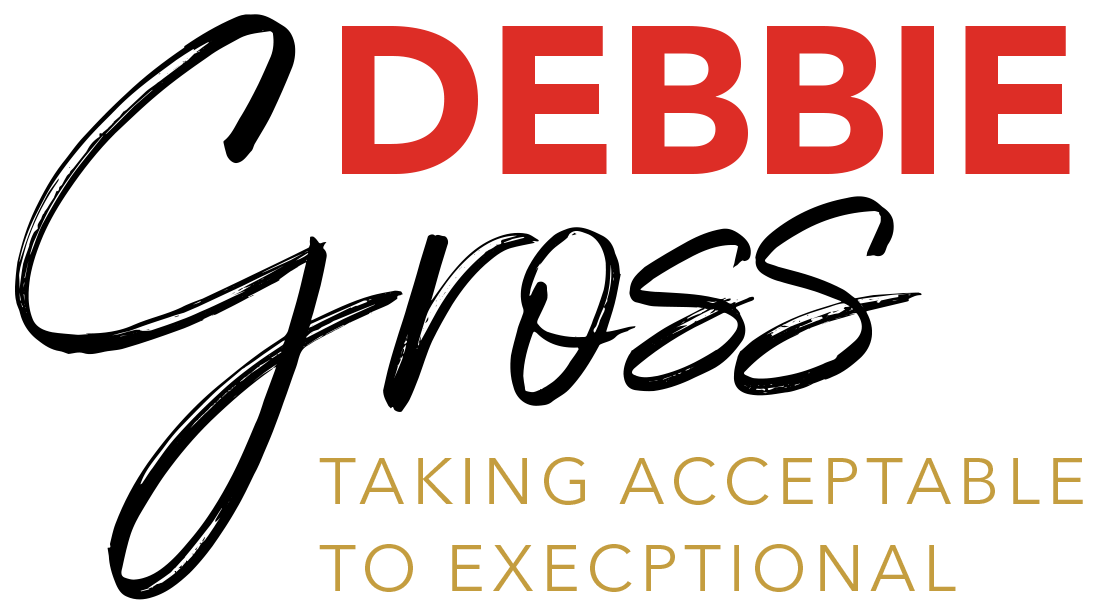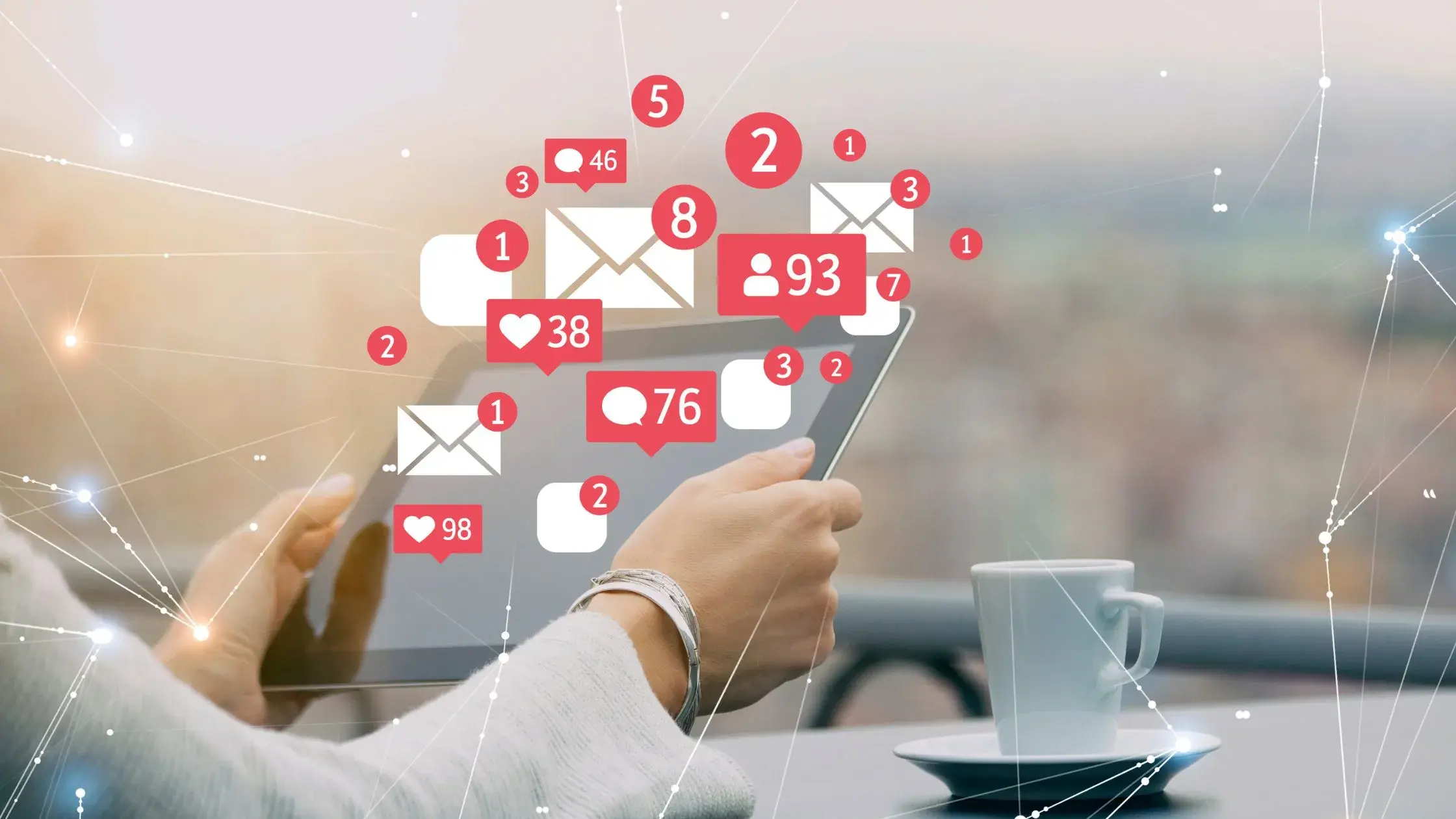Distractions are a common occurrence in our daily lives, with smartphones and other gadgets often being the primary sources. As administrative professionals, we must also contend with frequent interruptions from emails, phone calls, and people requesting our assistance or task completion.
Distractions can sometimes be beneficial, especially when we are feeling overwhelmed and stressed. At times, when we are moving too fast and on the brink of burnout, our minds crave a break. Personally, when I reach my breaking point, I like to surf the internet. I might watch a YouTube video, read an article I saved on Pocket, or browse Amazon. This helps relax my overworked mind, but I ensure never to spend more than 30 minutes on this before returning to work.
However, distractions can also hinder overall work productivity by interrupting the flow of work and making it difficult to regain focus. For instance, while working on a detailed project such as a travel itinerary or an expense report, my concentration could be broken by my boss asking me to review his schedule for the month. Additionally, unplanned meetings or unexpected phone calls from upset customers could demand my immediate attention and consume a significant portion of my day, impacting productivity.
Distractions can turn ugly, especially for those who constantly check their smartphones or prioritize social interactions over important tasks, finding it hard to stay focused. The tendency to multitask can lead to using our “monkey brain,” making mindless decisions that may cause serious issues with crucial tasks or even important relationships. Have you ever worked with someone who is always in a state of motion, always "super busy," yet never seems to accomplish anything? They may be suffering from this very syndrome.
Working efficiently was quite challenging for me because my desk was located just outside my leader's office, where people frequently dropped by to greet me or check if my leader was available for a quick chat.
Over the years, I have learned to overcome these bad and ugly distractions by building in "Focus Time." The key tools that helped me focus were:
-
Signage: I would put up a small sign on my desk informing passersby that I was deeply engaged in a project.
-
Out-of-Office Notification: I used this to indicate that I would be unavailable for one or two hours, specifying the time I would be back.
-
Scheduled Focus Time: I marked my focus time on the calendar and used a timer to stay on track.
-
Change of Environment: Sometimes, I would work on my projects in a different, more peaceful area to reduce stress.
-
Crafted Notifications: I set notifications on my instant messaging tools (such as Slack or Teams) to indicate I was focused on a project but would be back online at a specific time.
To be productive and successful, mastering the art of time management and learning to manage ourselves by building in focus time and setting boundaries is crucial. Only by doing this can we use our time effectively and achieve our goals.

.jpg?width=50&height=50&name=Simpson_Portraits_Web_3469%20(2).jpg)




Reviews
Write a review